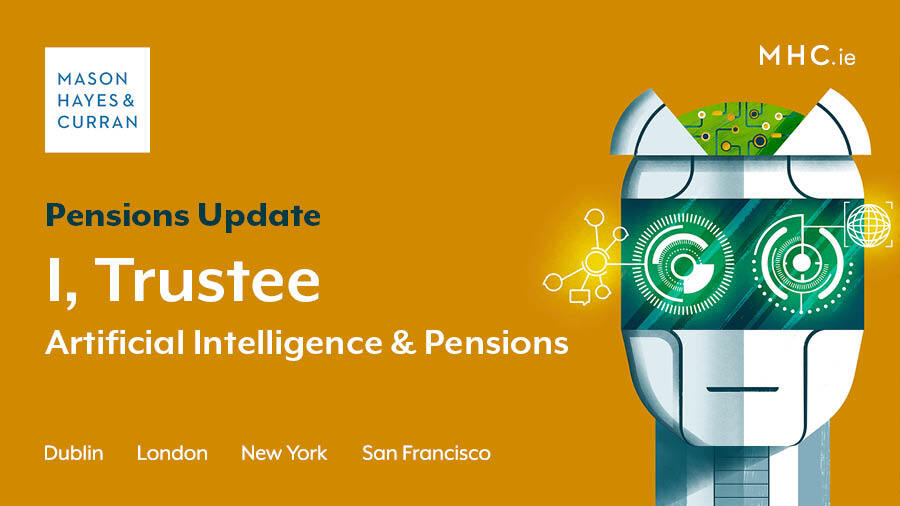
Whether we realise it or not Artificial Intelligence has become a part of all our lives. It optimises our online shopping, personalises social media feeds and predicts our web searches. As AI is quickly becoming prevalent throughout the financial world as well, we look at what it means for pension schemes in the very near future.
AI and finance
We know that large institutional investors, including pension schemes, are beginning to use Artificial Intelligence (AI) based platforms and machine learning models. These tools are largely being employed to assist in long-term portfolio management in place of more traditional models based on financial theories. In addition, fund providers have begun using machine learning to predict scenarios such as an early withdrawal of the fund’s resources, which will allow for accurate planning.
When it comes to an individual’s retirement planning, AI-based platforms can collect and analyse various aspects such as debts, assets, income, existing pensions and years left to retirement to determine the best plan of action for each individual’s situation. An algorithm that carries out this function lacks any of the biases that might be found on a human level and can process a vast amount of data to calculate solutions and even assist in reducing an individual’s tax liability.
AI and pension scheme governance and administration
On the risk management front, we may see AI provide pension trustees and their risk managers with real time analysis of the impact of recessions, inflation or employer insolvency. On the investment side, the identification of patterns and the probability of certain events will assist trustees and investment managers when it comes to making investment decisions.
Scheme administration could also be greatly assisted by AI in cutting down costs and improving accuracy. Chatbots are becoming a common feature for many online retailers and pension member queries could be dealt with in a similar manner. With the age of the master trust upon us and automatic enrolment just around the corner, we are likely to see schemes with massive membership numbers across thousands of employers. Dealing with that level of member and employer interaction and that amount of member data would lead one to conclude that AI is not a “maybe” for pension scheme administration but a “must”.
AI and pension scheme data
To allow for AI to assist trustees and pension scheme service providers in bringing the best possible pension product to scheme members, scheme and member data will need to be accurate and consistent. This is likely to be a major application for AI in the near future where it can identify patterns of behaviour based on that data and so improve the member experience and allow for informed trustee decision making.
AI’s limitations
While the possible applications of AI for pension scheme trustees and administrators is very extensive, there is still likely to be a great level of apprehension about its uses as many remain uncertain as to how good AI really is. The reality is that it is unlikely to replace human administrators or investment managers in the near future. However, what it will do is assist them greatly in taking on the boring or repetitive tasks where the data provided is good enough. This will allow staff to focus on more complex tasks that will always require human reasoning and intuition.
Conclusion
The adoption of AI is in its early stages and like other technologies throughout the years it will meet its fair share of challenges. AI is likely to face many hurdles particularly on ethical grounds, where its adoption leads to job losses, and we are likely to see significant levels of AI regulation in the coming years. In the EU, the AI Act, due to be signed later this year, will introduce substantial regulation of AI systems on a sliding scale of risk. Applications in the Fintech space may be classified as high-risk and will see them subject to a conformity assessment regime. However, there is no doubt that AI can provide pension trustees with a range of new advantages as well as allowing their members plan for retirement with greater certainty.
For more information on the impact AI is likely to have on pensions schemes and their administration, contact a member of our Pensions or Artificial Intelligence teams.
The content of this article is provided for information purposes only and does not constitute legal or other advice.








